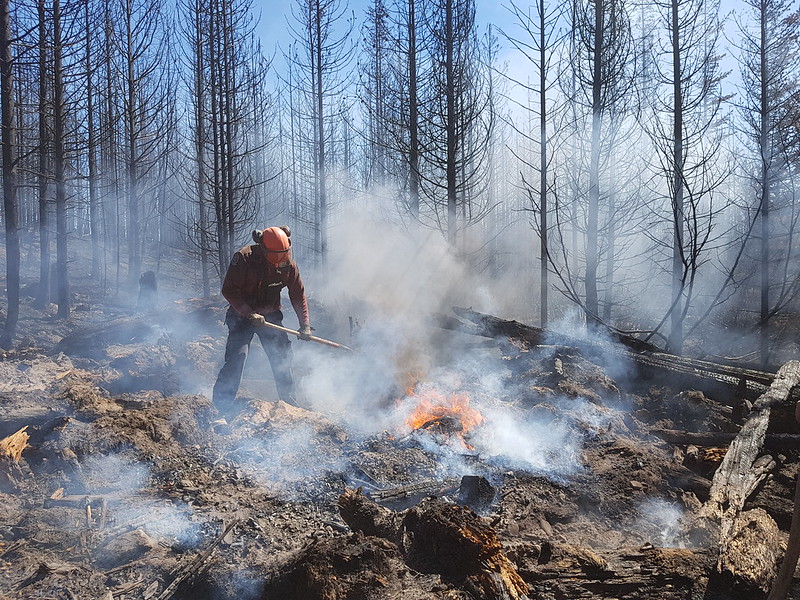The president of the body that represents municipalities in British Columbia says many members of the organization will be “puzzled” by the provincial government’s decision to cancel a program that provided them with grants for climate action.
The B.C. government started the Climate Action Revenue Incentive Program in 2010 as an incentive for local governments to sign onto the province’s Climate Action Charter, said the Union of BC Municipalities president and Vanderhoof city Coun. Brian Frenkel in an emailed statement.
“It was enormously successful and resulted in nearly every local government in B.C. becoming a charter member,” Frenkel said.
“This week the province decided to end this program in a notice to local government staff,” he said. “UBCM was not consulted prior to this decision being made.”
In 2018, the most recent year for which figures are available, 187 local governments participated in the program and received millions of dollars in grants.
Municipalities have used the funding for a wide variety of projects such as restoring habitat, planting trees, conserving water, adding cycling infrastructure, starting composting programs, adding electric vehicle charging stations and installing energy-efficient lighting and heating. In 2018, the program funded 2,723 projects around the province.
Municipal Affairs Minister Josie Osborne was unavailable for an interview Thursday afternoon.
Under the program, the province returns the money that local governments pay in carbon taxes as a way to encourage investment in climate action.
“At a time when all orders of government are wanting to do more to address climate change, I think many of our members will be puzzled why this is a priority for the government,” Frenkel said. “Our executive is meeting next week, and we will be discussing the province’s decision.”
In an emailed statement, Municipal Affairs Minister Jodie Osborne said the Climate Action Revenue Incentive Program succeeded over the past 10 years at encouraging local governments to sign the Climate Action Charter, but the government has decided it’s time to bring it to an end.*
“It’s time to shift to the next phase together as communities and the province work to further reduce emissions,” she said, noting that the recent budget included $11 million in new funding aimed at creating greener, more livable communities. There is also funding for clean infrastructure projects, active transportation and free transit for children under 12 years old, Osborne said.
A ministry spokesperson said about $8.4 million a year was distributed through CARIP. The money was transferred with few conditions and local governments were free to use it for a wide variety of projects.
*Story updated on May 14 at 5 p.m. to include information from an emailed statement. ![]()
Read more: BC Politics, Environment

















Tyee Commenting Guidelines
Comments that violate guidelines risk being deleted, and violations may result in a temporary or permanent user ban. Maintain the spirit of good conversation to stay in the discussion.
*Please note The Tyee is not a forum for spreading misinformation about COVID-19, denying its existence or minimizing its risk to public health.
Do:
Do not: